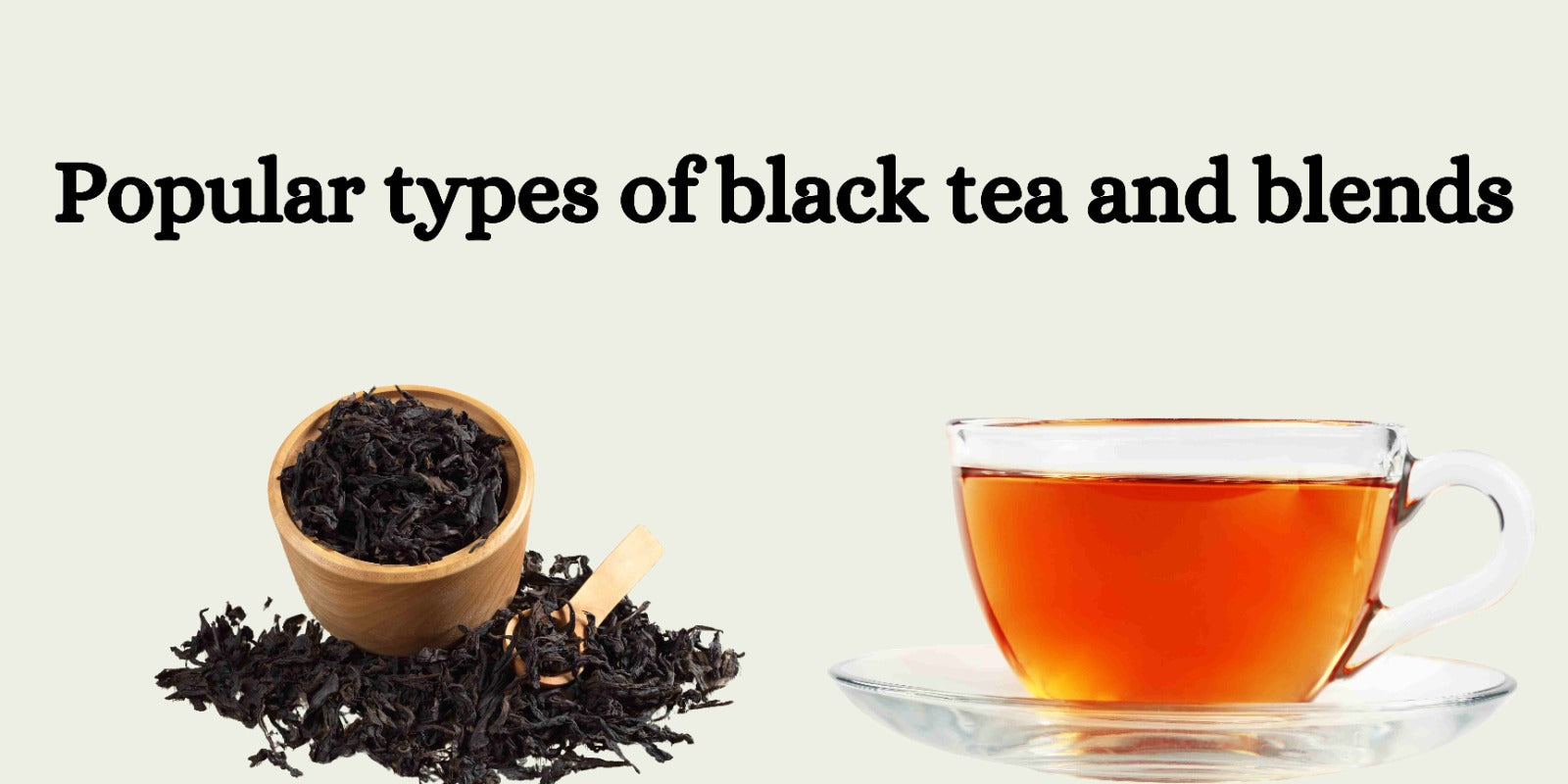Tea, a simple infusion of water and leaves, has captivated the senses and soothed the spirits of humanity for thousands of years. Whether served piping hot or refreshingly cold, tea offers a versatile palette of flavors, aromas, and health benefits that cater to a myriad of preferences and situations. As we dive into the spirited debate between hot tea and iced tea, we'll explore the intricacies of each, from their health benefits to the sensory experiences they offer, and finally, conclude which reigns supreme in the ultimate showdown of tea.
Introduction to Hot Tea and Iced Tea
Tea, in its essence, is a beverage steeped in history and culture. The tradition of hot tea, with its origins tracing back to ancient China, has spread globally, becoming a staple in many households. It's cherished for its warmth, comforting qualities, and its ability to bring people together over shared conversations. On the other hand, iced tea, a relatively modern invention, offers a cooling respite during the warmer months, embodying refreshment and invigoration. Both forms of tea, despite their temperature differences, share the commonality of deriving from the same plant, Camellia sinensis, and thereby, contain similar chemical compositions that offer a plethora of benefits and experiences.
Health Benefits of Hot Tea
Delving into the health benefits of hot tea, one can't help but be impressed by its medicinal qualities that have been revered for centuries. Hot tea is a rich source of antioxidants, such as catechins and polyphenols, which combat oxidative stress and reduce inflammation within the body. Drinking hot tea has been linked to a lower risk of developing certain types of cancer, heart disease, and diabetes. Furthermore, the warmth of hot tea has therapeutic effects on the digestive system, aiding in digestion and soothing upset stomachs. It also plays a role in enhancing mental alertness and reducing stress levels, thanks to the presence of amino acids like L-theanine which promote relaxation without drowsiness.
Health Benefits of Iced Tea
Transitioning to iced tea, the benefits remain equally compelling, albeit with slight variations due to the difference in consumption temperature. Iced tea retains most of the antioxidants found in hot tea, offering protective benefits against chronic diseases. It's particularly refreshing during hot weather, providing hydration and a much-needed cooldown. Additionally, iced tea can be a healthier alternative to sugary sodas and drinks, especially when consumed without excessive sweeteners. The cooling effect of iced tea also makes it ideal for rehydration after physical activity, helping to replenish fluids lost through sweat and exertion.
Taste and Flavor Comparison Between Hot Tea and Iced Tea
When it comes to taste and flavor, the preparation temperature of tea plays a pivotal role. Hot tea tends to have a more pronounced and robust flavor profile, as the heat helps to extract more aromatic compounds and flavors from the tea leaves. This results in a deeper, more complex flavor that can vary significantly across different types of tea, from the boldness of black tea to the delicate subtleties of white tea. Iced tea, while still flavorful, often presents a lighter and crisper taste, making it more approachable for some. The cooling process can also alter the flavor perception, sometimes necessitating the addition of fruits, herbs, or sweeteners to enhance the iced tea experience.
Hot Tea vs. Iced Tea for Hydration
Hydration is a fundamental aspect of health, and both hot tea and iced tea serve as excellent vehicles for maintaining fluid balance. However, there's a common misconception that the diuretic effect of caffeine in tea can lead to dehydration. Studies have shown that the diuretic effect is minimal for those accustomed to caffeine consumption, making both hot and iced tea beneficial for hydration. Hot tea might have a slight edge during colder months, as it provides warmth and comfort, promoting a sense of well-being while hydrating. Conversely, iced tea is the go-to during hot weather, offering a refreshing way to stay hydrated without feeling overheated.
The Role of Temperature in Tea Brewing
The art of tea brewing is a delicate dance that considers temperature as one of its critical steps. The temperature at which tea is brewed can significantly affect its flavor, aroma, and health benefits. Hot water is typically used to extract the full range of flavors and beneficial compounds from tea leaves. However, too hot can lead to bitterness, especially in more delicate teas like green or white teas. Iced tea, usually brewed hot and then cooled, requires careful consideration to ensure the final product is not overly diluted or lacking in flavor. Mastering the brewing temperature for both hot and iced tea can elevate the tea-drinking experience to new heights.
Hot Tea and Iced Tea for Different Seasons
The preference for hot tea or iced tea often aligns with the changing seasons. During the chilly embrace of winter, hot tea becomes a comforting companion, offering warmth and solace from the cold. It's a time for gathering around steaming cups of tea, sharing stories, and enjoying the cozy atmosphere. Conversely, the arrival of summer heralds the season of iced tea, where its cooling refreshment becomes a daily necessity. Iced tea, with its endless variations and flavors, becomes a staple at social gatherings, picnics, and outdoor events, providing a delicious escape from the heat.
Types of Tea Suitable for Hot and Iced Preparation
Virtually all types of tea can be enjoyed both hot and iced, each offering a unique flavor profile and health benefits. Black tea, known for its boldness and depth, stands up well to both preparations, offering a rich flavor that can be enjoyed year-round. Green tea, with its delicate flavors and high antioxidant content, provides a refreshing iced option or a soothing hot beverage. Herbal teas, made from an assortment of herbs, spices, and flowers, offer a caffeine-free alternative, with flavors that are equally delightful whether served hot or cold. Experimenting with different teas can reveal surprising favorites and expand one's tea-drinking repertoire.
Hot Tea and Iced Tea Recipes
To fully appreciate the versatility of tea, trying one's hand at various recipes can be both enjoyable and enlightening. For hot tea, a classic Earl Grey with a twist of lemon or a dash of lavender can offer a comforting and aromatic experience. For iced tea, a summer berry tea, infused with fresh strawberries, raspberries, and a hint of mint, can provide a refreshing and flavorful treat. The possibilities are endless, with each recipe offering a new way to enjoy tea's timeless appeal.
Conclusion: The Verdict on Hot Tea vs. Iced Tea
In the ultimate showdown between hot tea and iced tea, it becomes clear that both have their rightful place in the world of tea lovers. Each offers unique benefits, flavors, and experiences that cater to different preferences and situations. Whether seeking comfort and warmth from a hot cup of tea during the winter months or enjoying the refreshing coolness of iced tea in the heat of summer, tea remains a versatile and beloved beverage. The verdict, therefore, is not about choosing one over the other but rather embracing the diversity and joy that both hot and iced tea bring to our lives.




